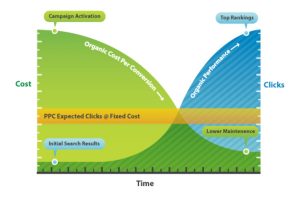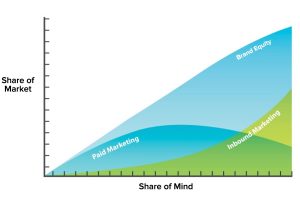
Search is one of the most frequently used online tools among US adults. A 2012 Pew Internet Survey found that 91% of adults use search engines to find information on the Web. This survey also revealed that younger and more educated people, meaning current or prospective college students, are most likely to use search engines. […]


